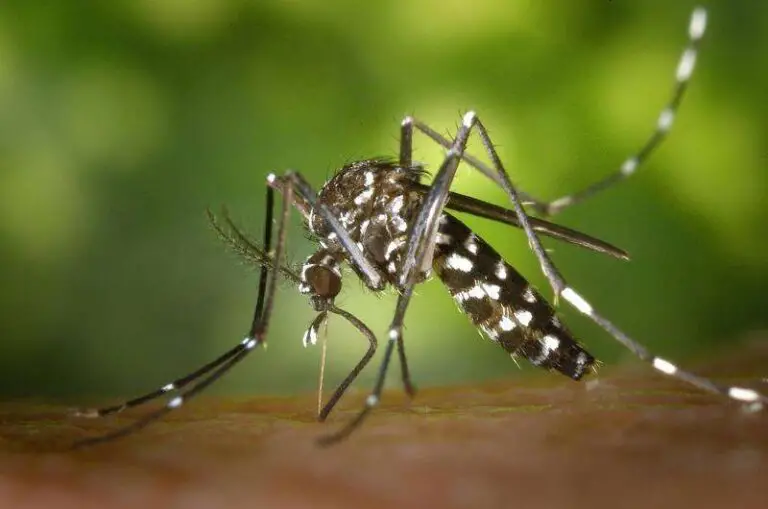PARIS, France — The global surge in dengue cases has reached unprecedented levels, and researchers are pointing to climate change as a significant driver behind this alarming trend. With 12.7 million cases recorded this year alone — nearly double last year’s figures — the mosquito-borne disease is spreading faster and farther than ever before, prompting urgent calls for action.
Dengue, which causes severe fever, joint pain, and in extreme cases, death, has traditionally been confined to tropical and subtropical regions. However, as global temperatures climb, the mosquitoes that carry the virus are expanding into previously cooler areas, bringing the disease with them. A U.S.-led study, presented at the annual meeting of the American Society of Tropical Medicine and Hygiene in New Orleans, estimates that nearly 19% of current dengue cases can be directly attributed to the effects of climate change.
“Dengue thrives in temperatures between 20 and 29 degrees Celsius (68-84 degrees Fahrenheit),” explained Erin Mordecai, an infectious disease ecologist at Stanford University and senior author of the study. “With global warming, previously unaffected regions are becoming hotspots for transmission.”
The study, which analyzed data from 21 countries in Asia and the Americas, predicts that highland areas in nations such as Peru, Mexico, and Brazil could experience a 200% rise in dengue cases over the next 25 years as warming temperatures create ideal breeding conditions for mosquitoes.
Adding to the concern is the underreporting of dengue cases. While official figures from the World Health Organization cite 12.7 million cases so far this year, Mordecai estimates the actual number could be closer to 100 million.
Innovative Solutions in the Fight Against Dengue
Amid the grim projections, new research offers hope in combating the disease’s spread. Scientists are deploying mosquitoes infected with a naturally occurring bacteria called Wolbachia, which blocks the insect’s ability to transmit dengue.
A case study in Niteroi, Brazil, demonstrated the potential of this approach. Over the past five years, Wolbachia-infected mosquitoes were released across the city. When Brazil faced its worst dengue outbreak in history earlier this year, Niteroi reported a 90% reduction in cases compared to pre-intervention levels, while surrounding regions saw a dramatic rise in infections.
“This shows that Wolbachia can provide long-term, community-wide protection against dengue, even in the face of escalating outbreaks,” said Katie Anders from the World Mosquito Program.
Encouraged by these results, researchers have partnered with the Brazilian government to build a facility capable of mass-producing Wolbachia-infected mosquitoes. The initiative aims to extend protection to millions of people across the region.
A Growing Call for Climate Action
The rapid rise in dengue cases highlights the intersection of climate change and public health. With an estimated 257 million people living in areas where dengue rates could double in the coming decades, experts are urging stronger efforts to mitigate global warming and invest in innovative disease prevention strategies.
“This is yet another reminder of why addressing climate change should be a global priority,” Mordecai emphasized.






